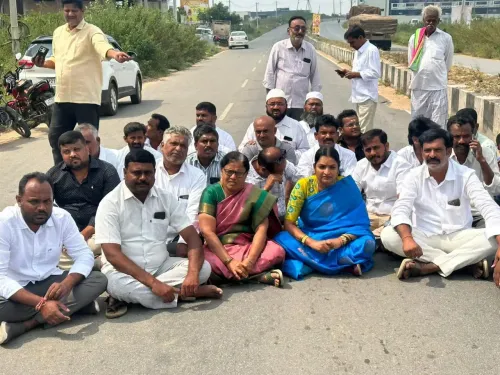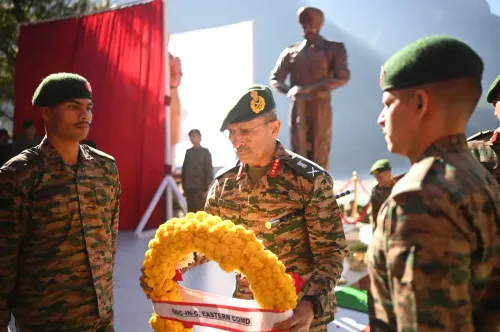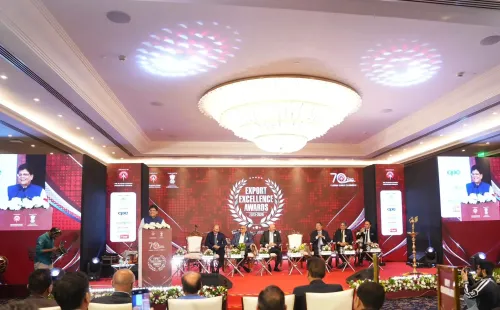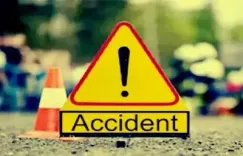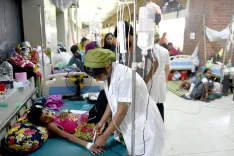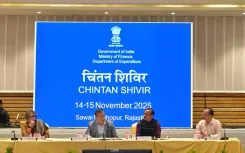Will SIT Conduct Court-Mandated Scientific Examination at Sabarimala Tomorrow?
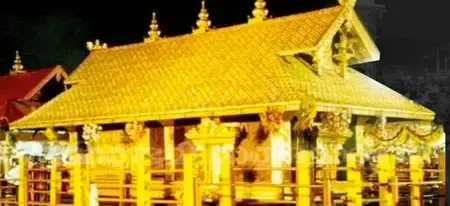
Synopsis
Key Takeaways
- Special Investigation Team (SIT) is set to conduct a scientific examination at Sabarimala Temple.
- Examination is mandated by the Kerala High Court due to concerns over missing gold.
- Forensic experts will utilize advanced techniques to assess the integrity of the gold cladding.
- The process will take place after essential divine rituals are performed.
- This investigation marks a crucial step in maintaining trust in sacred religious sites.
Thiruvananthapuram, Nov 16 (NationPress) In a significant development in the investigation concerning the suspected disappearance of gold from the Sabarimala temple, the Special Investigation Team (SIT) has arrived at the hill shrine to initiate an extensive scientific examination planned for Monday afternoon.
According to police officials, the inspection began after 1 p.m. on Sunday, following the essential Deva Anujna (divine permission) rituals.
The SIT, led by DySP S. Sasidharan, the investigation officer, reached Pampa on Sunday morning and subsequently moved to Sannidhanam, where they will remain until the examination is finalized.
Forensic experts, including chemical analysts and technical specialists, will participate in the operation to ensure adherence to the Kerala High Court's directives during the examination.
The scientific evaluation was proposed following worries about the loss of gold from the temple's Dwarapalaka (guardian deity) idols in 2019.
To determine the extent of the alleged loss, the SIT has recently sought the approval of the Kerala High Court to conduct a thorough forensic assessment.
In response to this request, the court issued specific instructions.
It ordered investigators to weigh the Dwarapalaka idol plates and the side pillar plates, measure their surface areas, and collect samples of the gold cladding.
These samples will undergo analysis to ascertain purity, thickness, and overall quality. The court further instructed the team to gather copper samples from the Dwarapalaka plates and door frames for comparative studies.
The analyses will employ advanced scientific techniques, such as spectroscopic examination, electrical conductivity testing, and micro-structural evaluation to identify any potential alterations in composition.
These methods are expected to assist in determining whether the gold layers were tampered with, removed, or replaced.
The SIT had initially aimed to conclude the scientific tests on November 15, ahead of the annual Mandala-Makaravilakku pilgrimage season.
However, the Thanthri (Chief Priest) advised that any examination of temple structures or deities should only be conducted after the completion of the Deva Anujna rituals.
Following this guidance, the High Court amended its earlier directive, mandating that the procedure occur only after Ucha Pooja and the temple's closure at 1 p.m. on Monday.
With the divine rituals set and the expert team assembled, the SIT is expected to finalize the entire scientific examination in one session on Monday, marking a crucial milestone in the ongoing investigation into the temple's missing gold.

